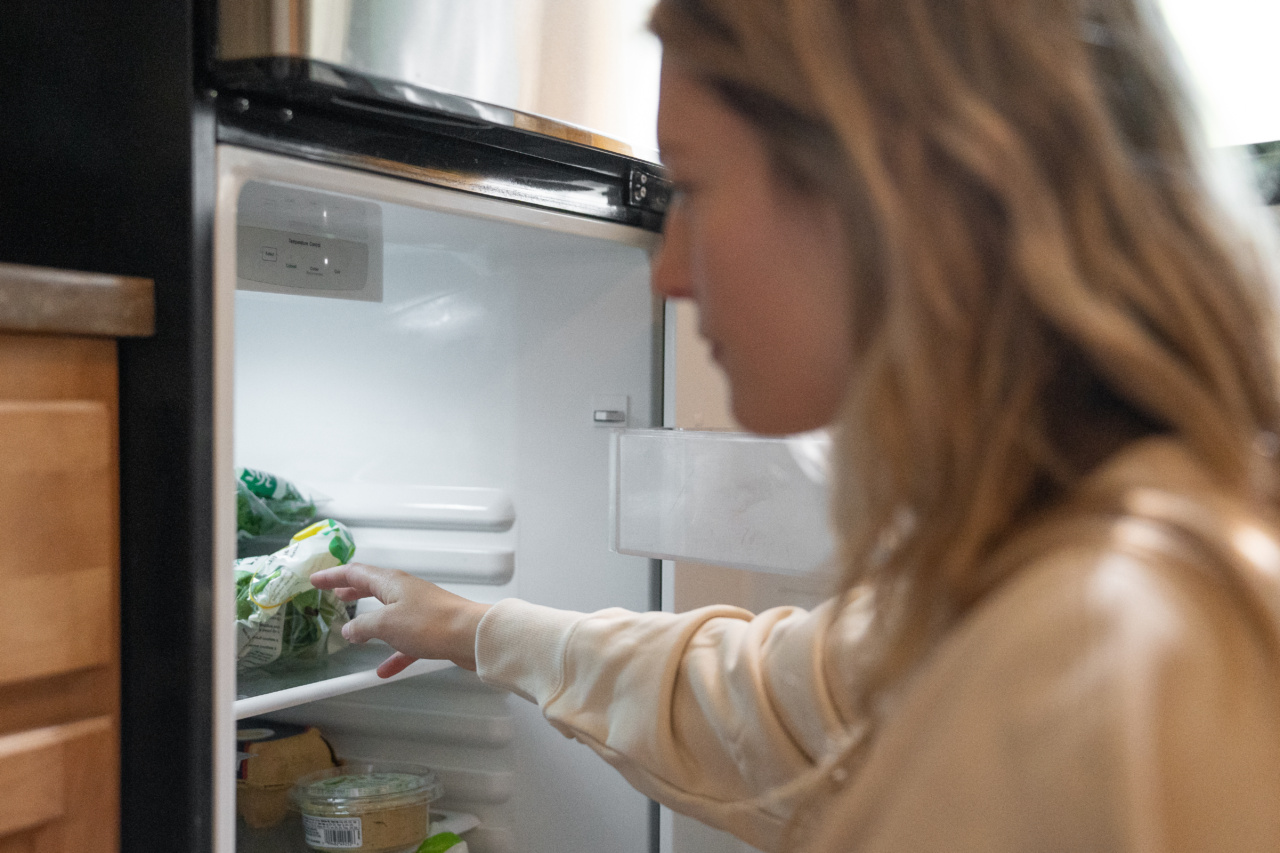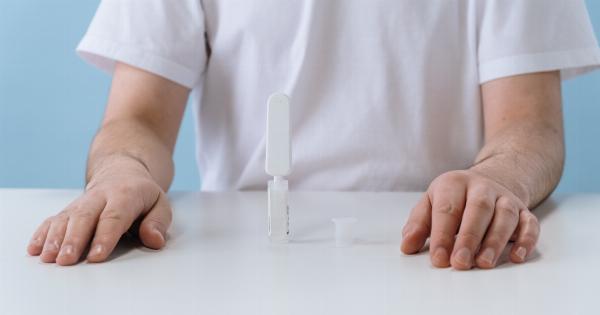Healthcare is important for everyone, but not everyone can afford it. If you’re uninsured, there are still ways to get coverage. Here are 10 tips that can help you get the health coverage you need.
1. Check if you qualify for Medicaid
Medicaid is a government health insurance program for people with limited income and resources. Each state has different Medicaid eligibility requirements, so check your state’s guidelines to see if you qualify.
2. Explore the Health Insurance Marketplace
The Health Insurance Marketplace is a website where you can compare and buy health insurance plans. Depending on your income, you may qualify for subsidies or tax credits that make coverage more affordable.
3. Look into short-term health insurance plans
Short-term health insurance plans can provide coverage for up to 364 days. While they don’t cover pre-existing conditions and some essential health benefits, they can be a good option if you need temporary coverage.
4. Consider a health sharing ministry
A health sharing ministry is a group of people who share healthcare costs. Members pay a monthly fee and share medical expenses with other members.
While not technically insurance, some ministries offer comprehensive coverage and can be a more affordable option for some people.
5. Double check if you qualify for COBRA
If you’ve recently lost your job or had a reduction in hours, you may qualify for COBRA. COBRA allows you to continue your employer-sponsored health insurance plan for a limited time.
However, you’ll have to pay the full cost of the premium, which can be expensive.
6. Check with your college or university
If you’re a college student, your school may offer health insurance plans for students. Check with your school’s health center or student services office to see what options are available.
7. Look into community health clinics
Community health clinics are non-profit organizations that provide primary and preventive care to underserved populations. They may offer discounted or free services for low-income individuals and families.
8. Check with local hospitals and healthcare providers
Some hospitals and healthcare providers offer financial assistance programs for patients who can’t afford healthcare. Check with your local hospital or provider to see if you’re eligible for any programs.
9. Look into state-funded insurance programs
Some states offer their own health insurance programs for low-income residents. Check with your state’s department of insurance to see what programs are available.
10. Don’t be afraid to ask for help
If you’re struggling to find health coverage, don’t be afraid to ask for help. Contact a healthcare navigator or insurance agent who can help you understand your options and enroll in a plan.

























